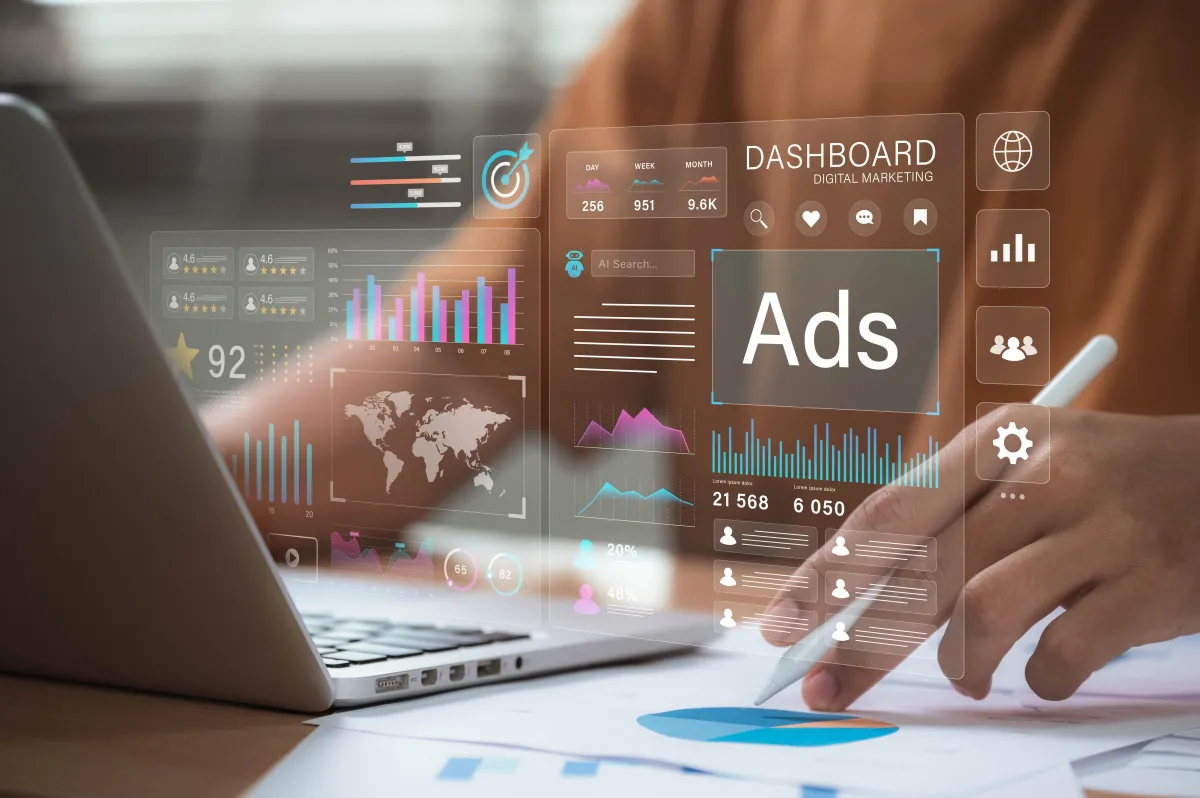
Facebook Ads vs. Google Ads: Which One Wins for Local Businesses?
Facebook Ads vs. Google Ads: Which One Wins for Local Businesses?
Introduction
If you’re running a local business in 2025, two advertising platforms dominate your options: Facebook Ads and Google Ads.
Both can drive serious results — but they work in very different ways.
Knowing the difference isn’t just important — it determines where your money goes and how quickly you see ROI.
Let’s break down the core differences, strengths, and weaknesses of each to help you decide which one’s right for your business.
1. Audience Intent
Google Ads target people searching for a specific solution right now. Example: “web design near me.” These users have high intent — they’re ready to buy or call.
Facebook Ads target people based on interest and behavior. Example: showing ads to small business owners who might need a website, but aren’t actively searching yet.
Think of it this way:
Google = Demand Capture
Facebook = Demand Creation
If you sell something people are actively looking for, start with Google. If you sell something people need to be reminded of or educated about, use Facebook.
2. Targeting Capabilities
Facebook offers powerful demographic and interest-based targeting. You can reach people by:
Age, gender, or location
Job title or business ownership
Page likes and behavior patterns
Google’s targeting revolves around keywords and search phrases, meaning you get users with higher purchase intent — but less emotional targeting flexibility.
3. Cost and ROI
Google Ads often cost more per click because competition for high-intent keywords (like “marketing agency” or “web designer”) is fierce. But conversions are higher because traffic is hot.
Facebook Ads, on the other hand, usually have lower CPC (cost per click), making them better for top-of-funnel awareness. However, you’ll often need more nurturing before conversions happen.
4. Ad Format and Experience
Facebook Ads: Visual, storytelling-based, and scroll-stopping. Great for branding, testimonials, and emotional hooks.
Google Ads: Text-based (Search) or visual (Display/YouTube). Great for search queries or remarketing.
Smart businesses often combine both: run awareness ads on Facebook → retarget engaged visitors with Google Ads when they start searching.
5. Analytics and Tracking
Google Ads offer deep, intent-driven data — keyword-level insights and strong conversion tracking.
Facebook provides strong engagement analytics — clicks, shares, CTR, but less keyword depth.
In 2025, combining Google Analytics 4 and Meta Pixel ensures you can measure both awareness and conversions properly.
Conclusion
Choosing between Facebook Ads and Google Ads isn’t about which one is “better” — it’s about which one fits your goal.
Need fast leads? Start with Google.
Need brand awareness and remarketing? Go Facebook first.
The real power comes when both work together — one builds awareness, the other captures intent.
Our Question For You
Want to know where your marketing is falling short? Get a free online presence audit from DRSL Digital to uncover your biggest opportunities.
